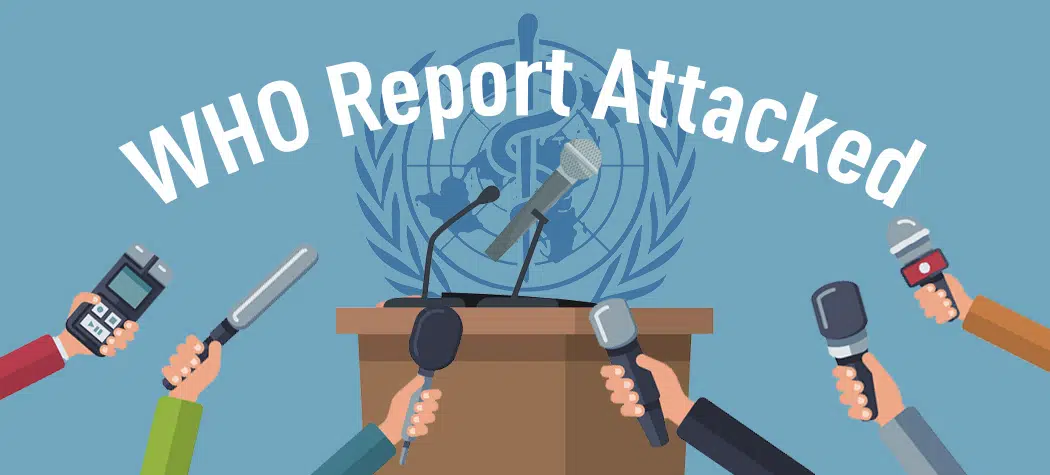Vaping News
The WHO Tobacco Control Report Attacked
The WHO Framework Convention On Tobacco Control report carries information about vaping for the first time, but it has been criticised by tobacco harm reduction experts.
Last week, The World Health Organization (WHO) released its Framework Convention On Tobacco Control (FCTC) report. For the first time, it directly addresses the subject of electronic cigarettes. Experts on tobacco harm reduction and vaping advocates have criticised it for being selective with the evidence it considered and the negative message it is sending out.
Why is the WHO now including messages about vaping?
It is odd given that neither budget UK eliquid or premium vape liquid contains any tobacco. It is something that perplexes experts too, as one of the FCTC Articles speaks about how the WHO should promote harm reduction.
The answer comes down to who is funding the document and the people they appointed to the committee. The billionaire bankrolling the FCTC is ideologically opposed to alternative nicotine products
Does the report compel governments to act?
No, the best the WHO can do is urge countries signed up to the Convention to abide by its recommendations. It is suggesting that nations should ban all vape related advertising, increase taxes on vape products, adopt plain packaging, and restrict access to open systems.
It makes the fallacious claims that vaping leads to smoking, that it’s highly addictive, and poses a risk to young people – ignoring all of the evidence from the United Kingdom.
Should vapers and UK vape shops be concerned?
Absolutely. The message in the report is very negative, as demonstrated by Michael Bloomberg, WHO Global Ambassador for Noncommunicable Diseases and Injuries and founder of Bloomberg Philanthropies, who said: “As cigarette sales have fallen, tobacco companies have been aggressively marketing new products – like e-cigarettes and heated tobacco products – and lobbied governments to limit their regulation. Their goal is simple: to hook another generation on nicotine. We can’t let that happen.”
How did experts respond to the WHO’s report?
Professor John Britton, responsible for the ground-breaking Royal College of Physicians report, said: “This report demonstrates that, sadly, the WHO still doesn’t understand the fundamental difference between addiction to tobacco smoking, which kills millions of people every year, and addiction to nicotine, which doesn’t.”
Clive Bates, a leading harm reduction expert, commented that the WHO is “improperly conflicted” by the involvement of Michael Bloomberg and his support for “extreme anti-vaping measures like prohibition and flavour bans”.
Michael Landl, Director of the World Vapers’ Alliance, stated that the report was “riddled with biased anti-vaping scaremongering and false claims”.
He continued: “The reality is that the WHO systematically ignores the wealth of scientific evidence pointing to the benefits of vaping, not to mention the first-hand experience of millions of vapers. Public Health England research has found that vaping is 95% less harmful compared to smoking and a more effective method to quit smoking than traditional therapies such as gum and patches.”
What happens next?
In November, the UK Government will be sending a delegation to the Conference of Parties in The Hague. The cross-party committee that looks at electronic cigarettes has urged it to promote our positive experience of encouraging smokers to switch and consider withholding funds to the FCTC (we pay the largest share) if delegates do not approve harm reduction measures that promote vaping
